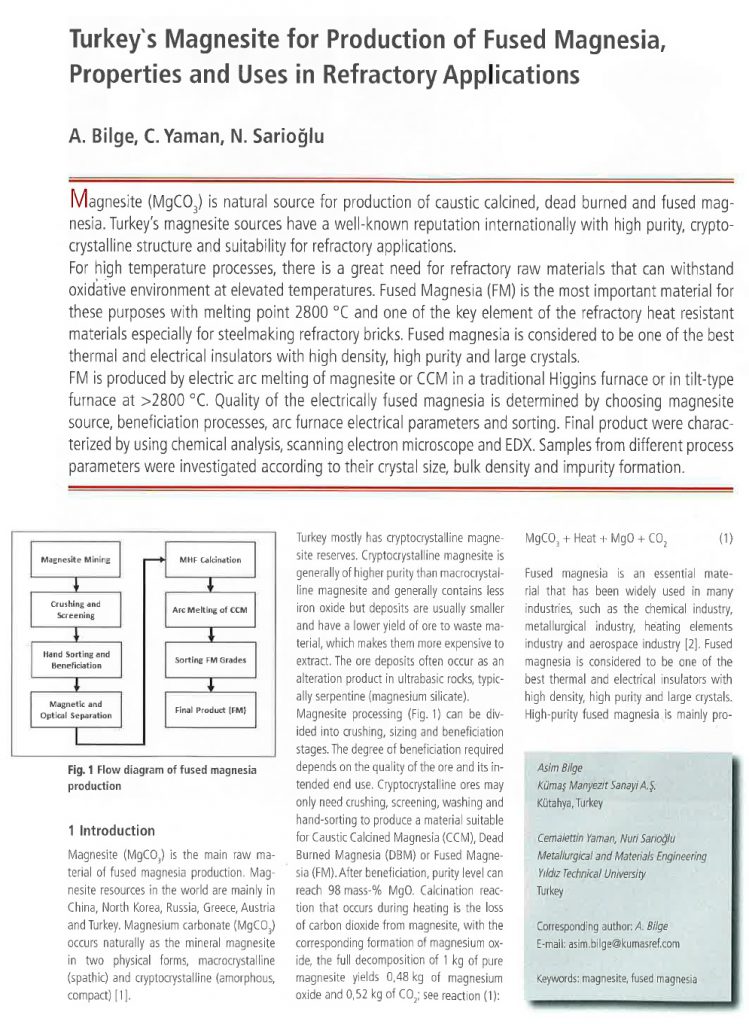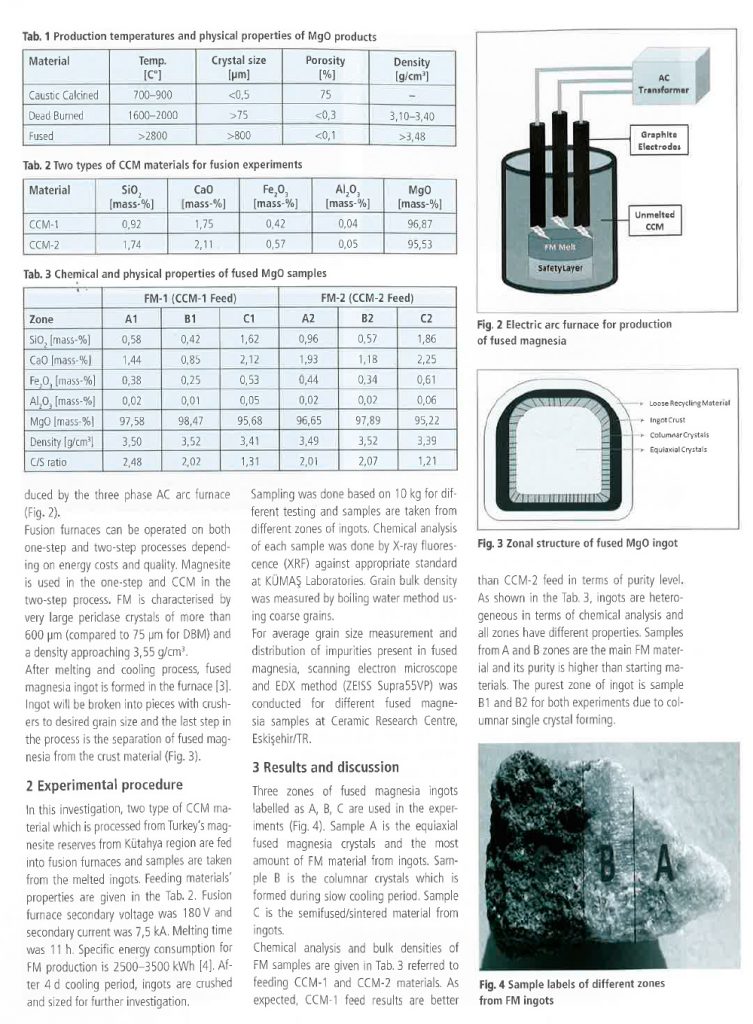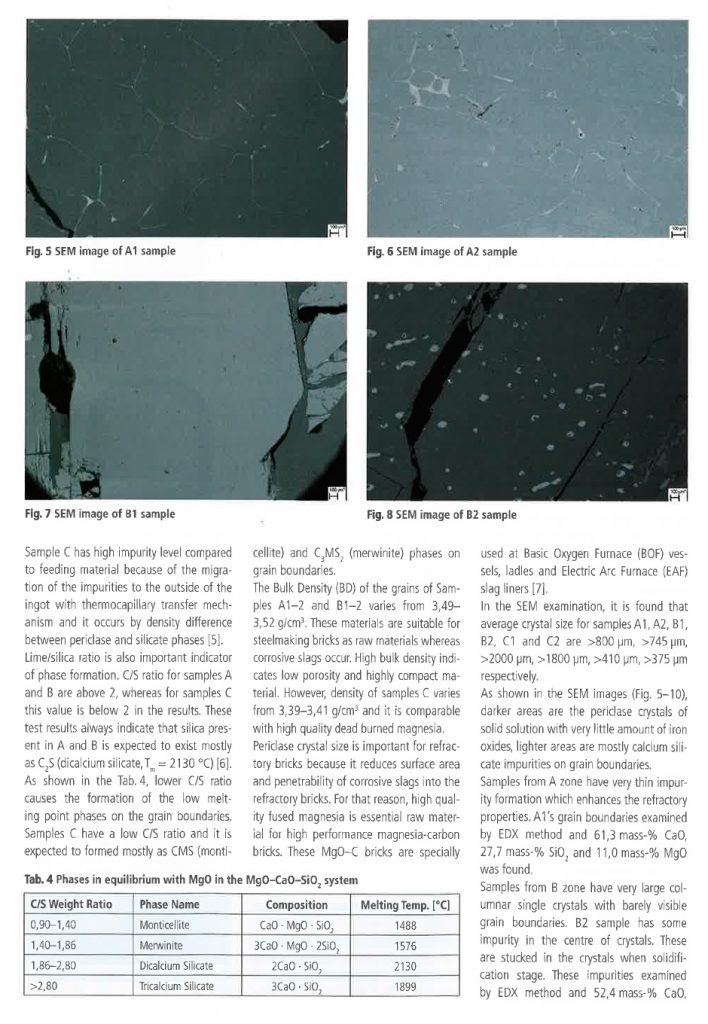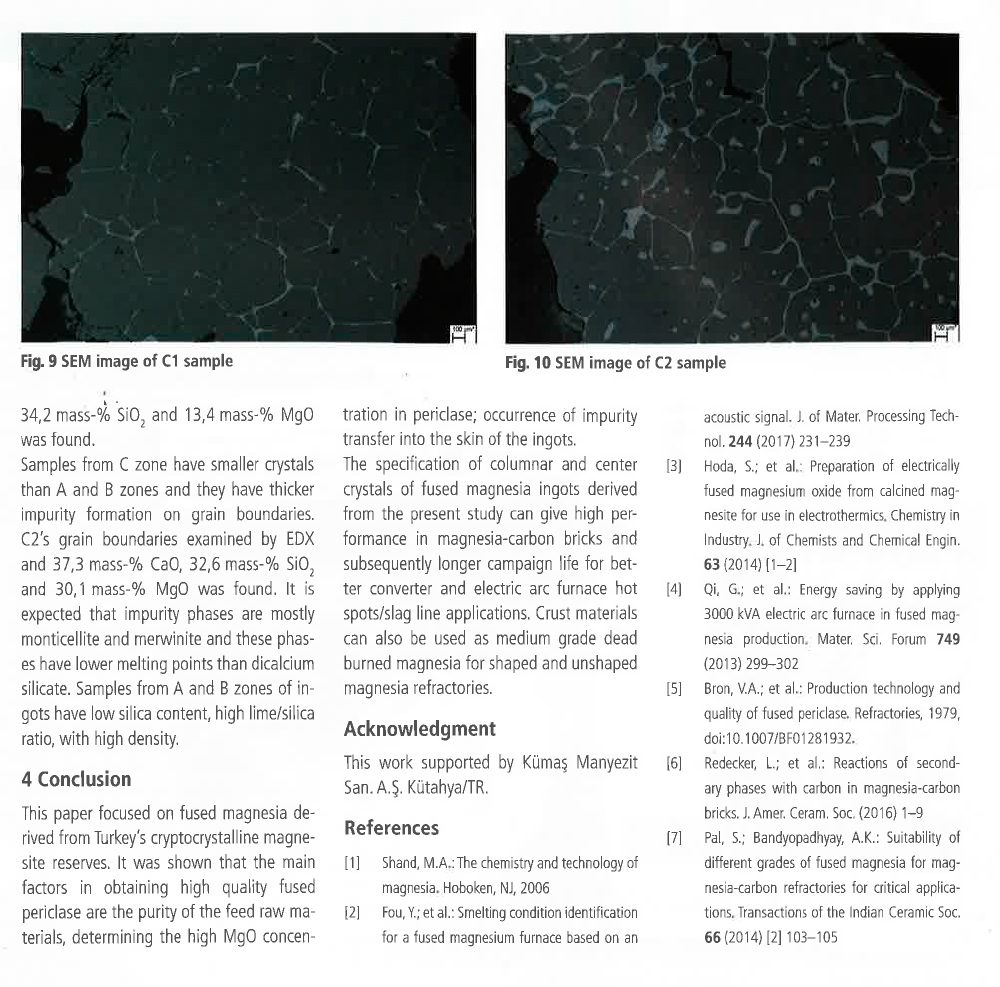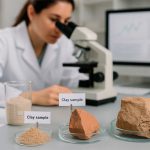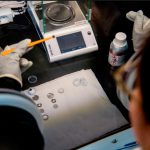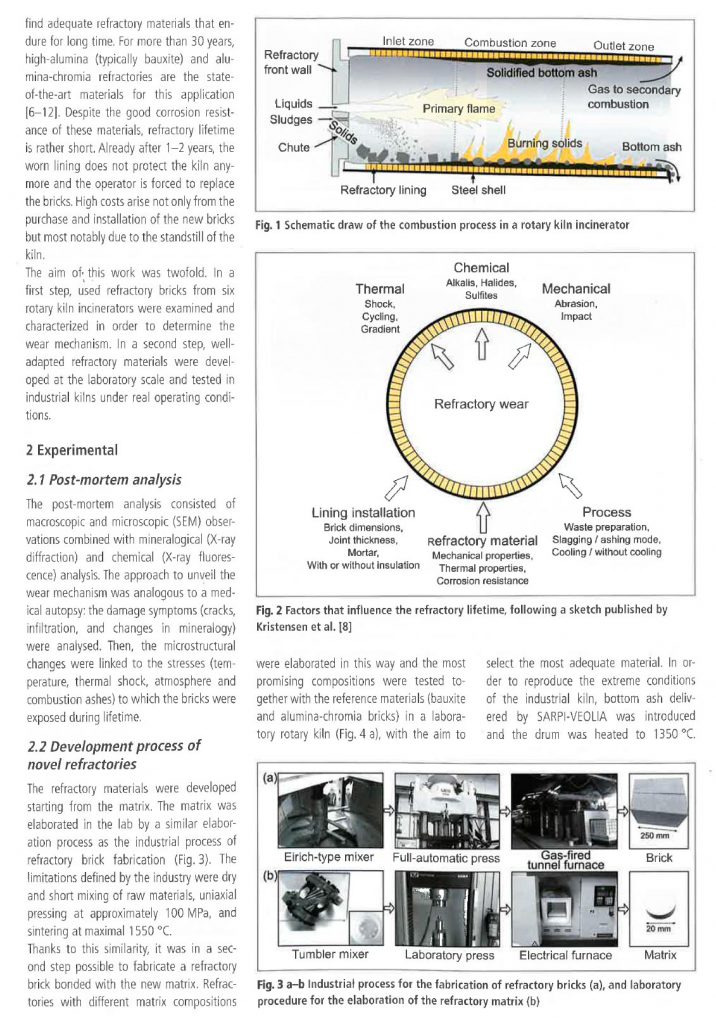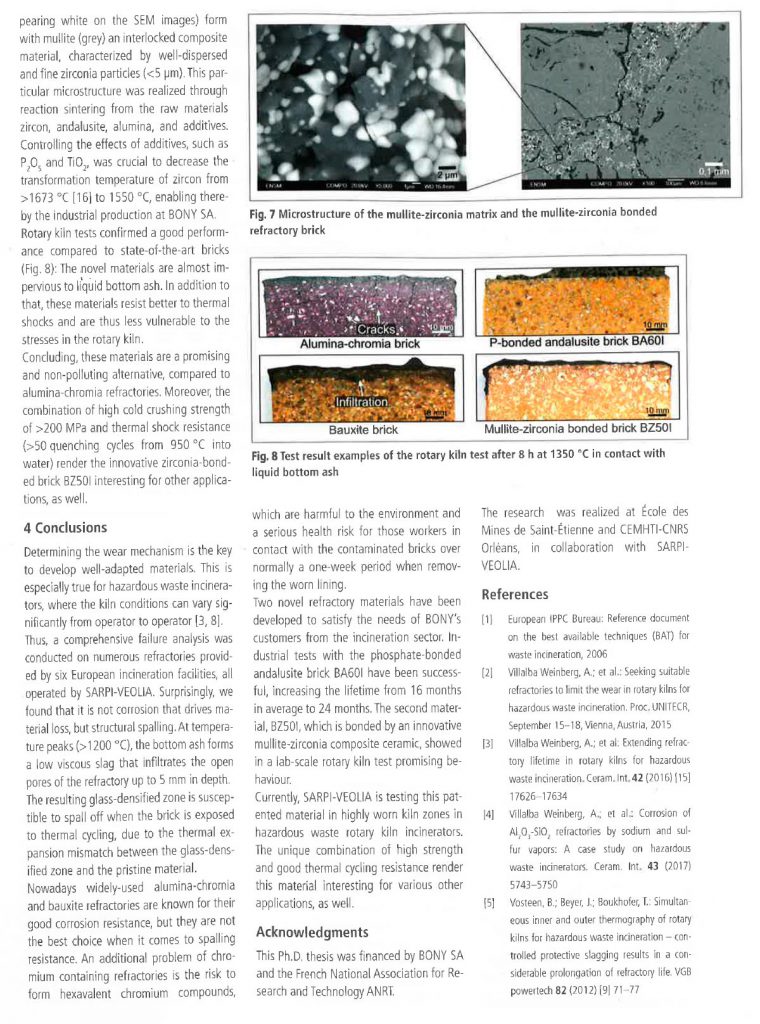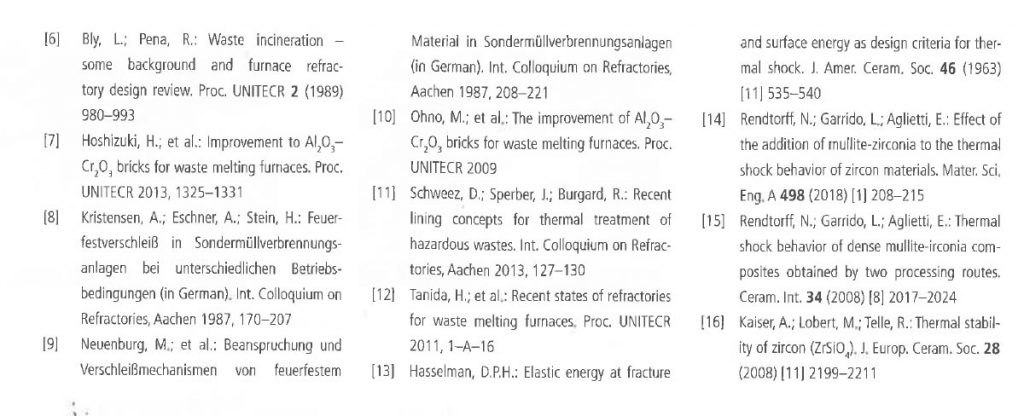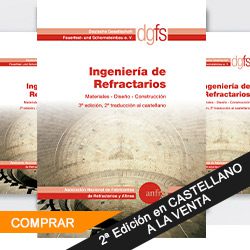Contract prices for andalusite have edged up by about 10% from last year’s levels, with widespread consumer demand further compounding limited availability of material.
The andalusite market is set to experience further tightness in 2018 with high consumer demand said to be exceeding available supply, driving contract prices for the year upwards.
Limited availability is expected to persist throughout 2018, following a shortage that became apparent last year, when production issues led to lower output in major andalusite-producing regions.
As a consequence of that, and of ongoing high activity in the refractory raw materials space, almost all market participants active in andalusite canvassed by Industrial Minerals claim current demand will not be covered with available supplies this year.
«I am fully booked, and I imagine others will be as well,» one supplier said.
He added that some quantities produced this year may be needed to cover any outstanding volumes from last year’s contracts. His expectation is to run at full capacity throughout most of this year.
«There are no free volumes out there for the taking. Large buyers made sure they contracted early on, and even small buyers should have all agreed their supplies,» a trader said.
A second trader added: «If you need material now, you’re not in a great position. It doesn’t matter if you pay more, there just isn’t enough material around at this stage.»
The above trader said that he kept receiving inquiries from new customers, but he was unable to meet their needs.
Driving demand for the mineral was an improved performance of refractories end markets, due to rising steel output, and a widespread shortage affecting several other refractory raw materials, such as bauxite and alumina.
Andalusite can be used as an alternative to calcined bauxite for some refractory applications. As Chinese bauxite output was slashed last year following government-led inspections and shutdowns, some consumers tried to move towards andalusite in search of volumes and better pricing conditions.
This brought about a peak in demand in the andalusite space – a market that is much smaller and stable compared with bauxite. Market participants claim it will take some time before the supply/demand situation returns to normal.
Shorter contracts, higher prices
While andalusite is normally contracted with long-term, annual agreements, in a number of cases this year contracts were shortened to six months. In other deals, volumes were agreed for the year, while price was fixed only for the first six months – leaving the possibility to review the price for the second half of the year.
Some large buyers reported they managed to set year-long contracts for volume and price.
«All factors were there to drive prices upwards this year, although we should bear in mind that any movement in andalusite is going to remain quite moderate,» a second supplier said. «You are not going to see a surge similar to what we saw in [refractory grade] magnesia.»
At the time of the UniteCR conference in Chile last September, sources in contact with Industrial Minerals were already suggesting price growth was in the offing once contracts came up for renewal.
Industrial Minerals assessed the price of andalusite, min. 57% Al2O3, at €260-320($320-393) per tonne fob South Africa for 2018 contracts, compared with €240-290 per tonne last year.
While on the delivered Europe market, new contract prices for andalusite, min. 57% Al2O3, increased to €390-430 per tonne cif Europe, from €355-425 per tonne a year ago.
Both market prices have shown a rise of about 10% on previous levels, which is in line with earlier forecasts from market participants, who had pointed to an appreciation ranging from a low of 5% – for those buying particularly large quantities or managing to secure preferential conditions – to a high end of 15% for smaller purchasers or new customers.
«Your 2018 price would also depend on what kind of price you had last year – if your 2017 price was on the low end of the range, the increase may be higher. If it was on the high end [of the price range], the increase would be small,» a third trader source said.
A third supplier added: «All my selling prices have gone up this year – by different amounts, of course.»
Some market sources suggested that currency volatility may also have an effect on market prices, considering that the US dollar is going through a particularly weak phase and the South African rand has appreciated strongly over the past few weeks. However, the timing and length of contractual patterns do not support this view – as all contracts set during the final quarter of last year and the early stages of this quarter would have locked in a price level for either six or 12 months ahead, thus excluding any currency exchange effect for the time being.
If any deals were to be updated in the second half, currency effects may be factored in at that point.
